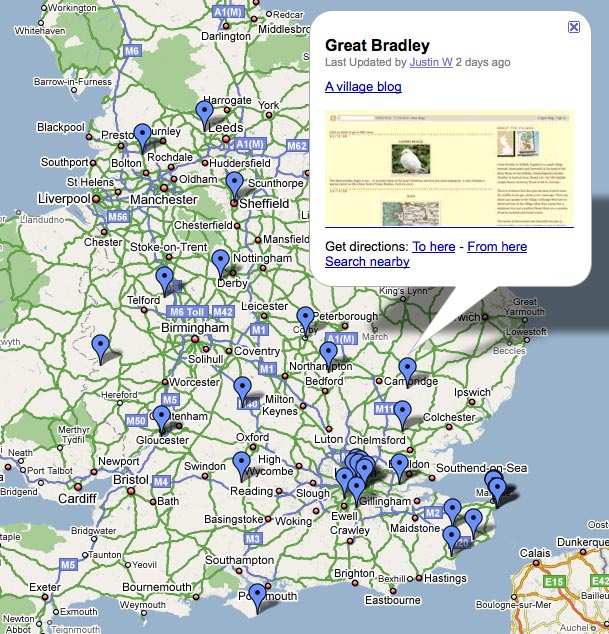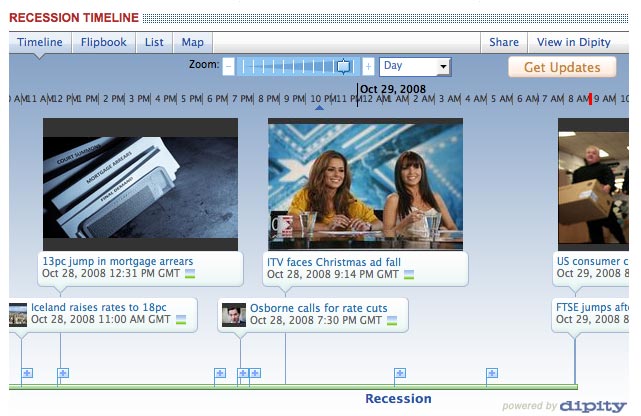Are there people in the media currently who can take the ‘radical action’ required to drive newspapers forward, Justin Williams, assistant editor of Telegraph Media Group, asked an industry gathering last night.
Speaking at New Media Knowledge’s (NMK) ‘What happens to newspapers?’ event, Williams said the Telegraph had ‘dropped the baton’ after it launched online and ‘seeded the ground for the Guardian very quickly’.
“We’ve been playing catch up for the last two or three years. What is required is radical action. I’m not certain at the moment we have the people in the industry who have the ideas to be radical enough. I think we’re constantly behind the curve with technological change and development,” he said.
“No matter how fantastic our newsroom looks and our web-first model is, we still look at things through the prism of newspapers.”
This ‘prism of newspapers’ is driving publishers to look at e-reading and e-paper technology, which is tied to the idea of print and, if the current fortunes of the print format are considered, ‘the world has moved so far beyond’, Williams said.
Yet changes may be driven by new recruits at the Telegraph, including ‘some pretty young people’, who ‘think utterly differently about what we [the Telegraph] publish and how we interact with it’.
New staff, he added, have been challenging the traditional idea of linear storytelling, suggesting a more ‘horizontal’ approach, for example starting with an interactive idea rather than a text article.
“They’re not necessarily coming from a news editor deciding what the agenda is and driving it down through the chain. It’s actually picking up on something that’s far more ethereal. It’s not user-generated content, it’s something far more nebular than that. It seems to feed an appetite,” explained Williams.
The title is keen to employ people who are ‘able to manipulate data in innovative ways’, he added. A specialist in data and mapping is currently being sought, though the paper has struggled to find the right candidate as yet, Williams said.

